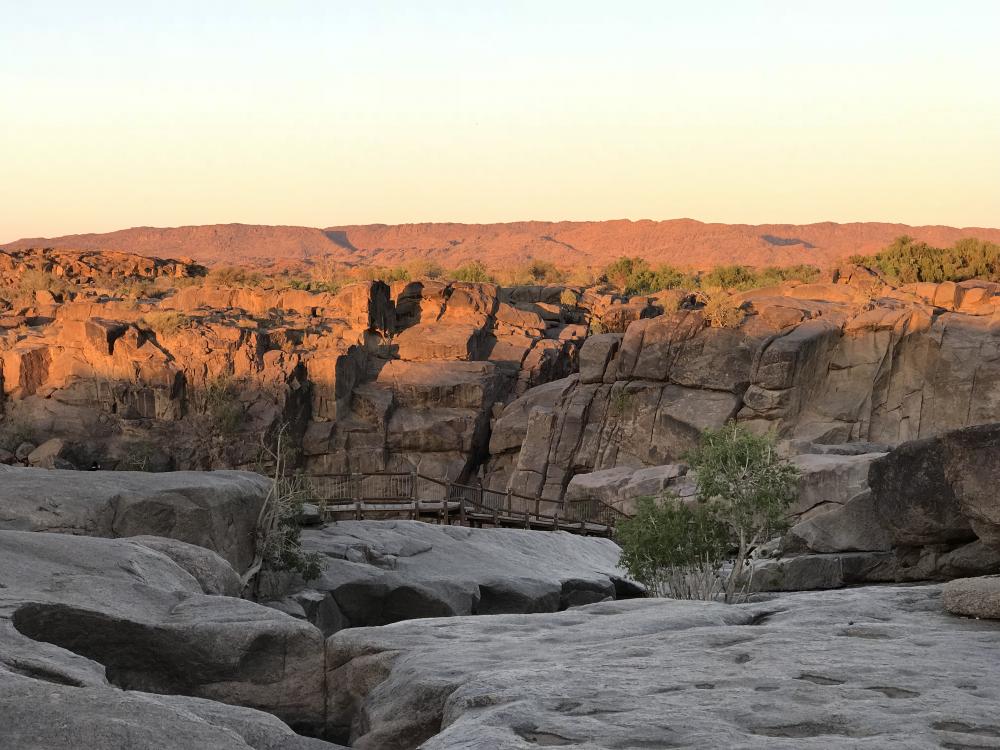Developing capacity on governance and equity: A co-learning approach in ESARO
The theme of equity in area based conservation has never been more topical. Set against the background of the draft and ambitious targets of the CBD Global Biodiversity Framework, nature conservation must place an emphasis on equitable approaches that recognise the rights, governance systems, livelihoods and well-being of indigenous people and local communities.

Photo: IUCN-Rachel Asante-Owusu
These issues can be well examined through the lens of governance, or decision-making. But what does a well-governed site look like? Why is it important and how can it lead to both effective conservation of biodiversity and the upholding of peoples’ rights and securing livelihoods? These questions led to the development of a six week online capacity development programme led by staff from the BIOPAMA team, based in both the Global Protected and Conserved Areas programme and the East and Southern Africa regional office.
Based on a co-learning approach, and in line with the tagline of BIOPAMA, “from knowledge to action” each of the six modules was designed to do three things: (i) Introduce the IUCN technical guidance on a given governance and equity topic (ii) hear from a practitioner on a real life illustration including wins and challenges and (iii) allow for a peer to peer exchange amongst participants to build an understanding of wider practices.
Practitioners from all over the region presented, some with solutions from the PANORAMA platform, others holding BIOPAMA grants for governance practices and others were Green Listed sites or Green List candidate sites. The topics covered a wide range of critical governance issues: from governance diversity and the importance of recognising shared governance and territories of life through to understanding the IUCN Good Governance principles. Participants learned how to conduct a stakeholder engagement and ensure the recognition of cultural values in a world heritage site, how to ensure sustainable use through participatory mapping, how to ensure equitable benefit sharing through shared decision making structures, through to hearing about innovative other effective conservation measures and how they are changing the thinking on what nature conservation is.
The co-learning approach proved to be a powerful one, global, regional, national and local participants exchanged and gained new insights. The participants were a diverse set of actors, from community based organisations, to government authorities, scientists and governance practitioners through to protected area site managers, each bringing their unique perspective and knowledge of these topics, and sharing with others.
For further information including on the next run of this programme please contact Jennifer Kelleher and Christine Mentzel.



